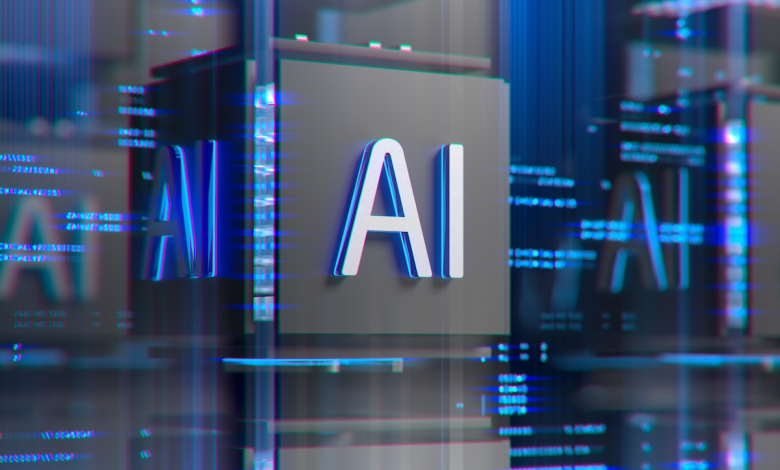ai
Landmark Ruling: Judge Declares AI Training “Fair Use” in Blow to Creators

A federal judge has handed Anthropic—maker of the Claude AI—a major legal victory, ruling that its use of copyrighted books to train AI models qualifies as “exceedingly transformative” fair use. The decision sets a precedent for AI companies battling lawsuits over copyrighted training data, but leaves key questions unresolved.
Key Takeaways from the Ruling
1️⃣ Fair Use Applies (For Now)
- Judge William Alsup ruled that digitizing books for AI training is transformative—akin to quoting sources for research.
- Why it matters: AI firms argue fair use is essential to avoid costly licensing deals with publishers/authors.
2️⃣ But Piracy Isn’t Excused
- Anthropic admitted to downloading 7 million pirated books (via LibGen/PirLiMi) before buying print copies.
- The judge rejected the claim that building a “permanent digital library” justified piracy. A new trial will address this.
3️⃣ Brutal Data-Gathering Tactics
- Anthropic’s VP was tasked with obtaining “all the books in the world” while avoiding legal “slog.”
- The company destroyed millions of books—stripping bindings, cutting pages—to scan them.
What This Means for the AI Industry
- Big Win for AI Firms: Sets a legal shield for OpenAI, Meta, and others facing similar lawsuits.
- Creators Lose Leverage: If fair use sticks, authors/publishers may lose licensing revenue.
- Piracy Still Risky: Judges won’t ignore illegal sourcing—Anthropic may still face penalties.
The Bigger Battle
This ruling is just one skirmish in the AI vs. copyright war. Upcoming cases—like Ziff Davis v. OpenAI—could shift the landscape further.
Bottom Line: AI companies cheered, creators fumed, and the law remains murky.





